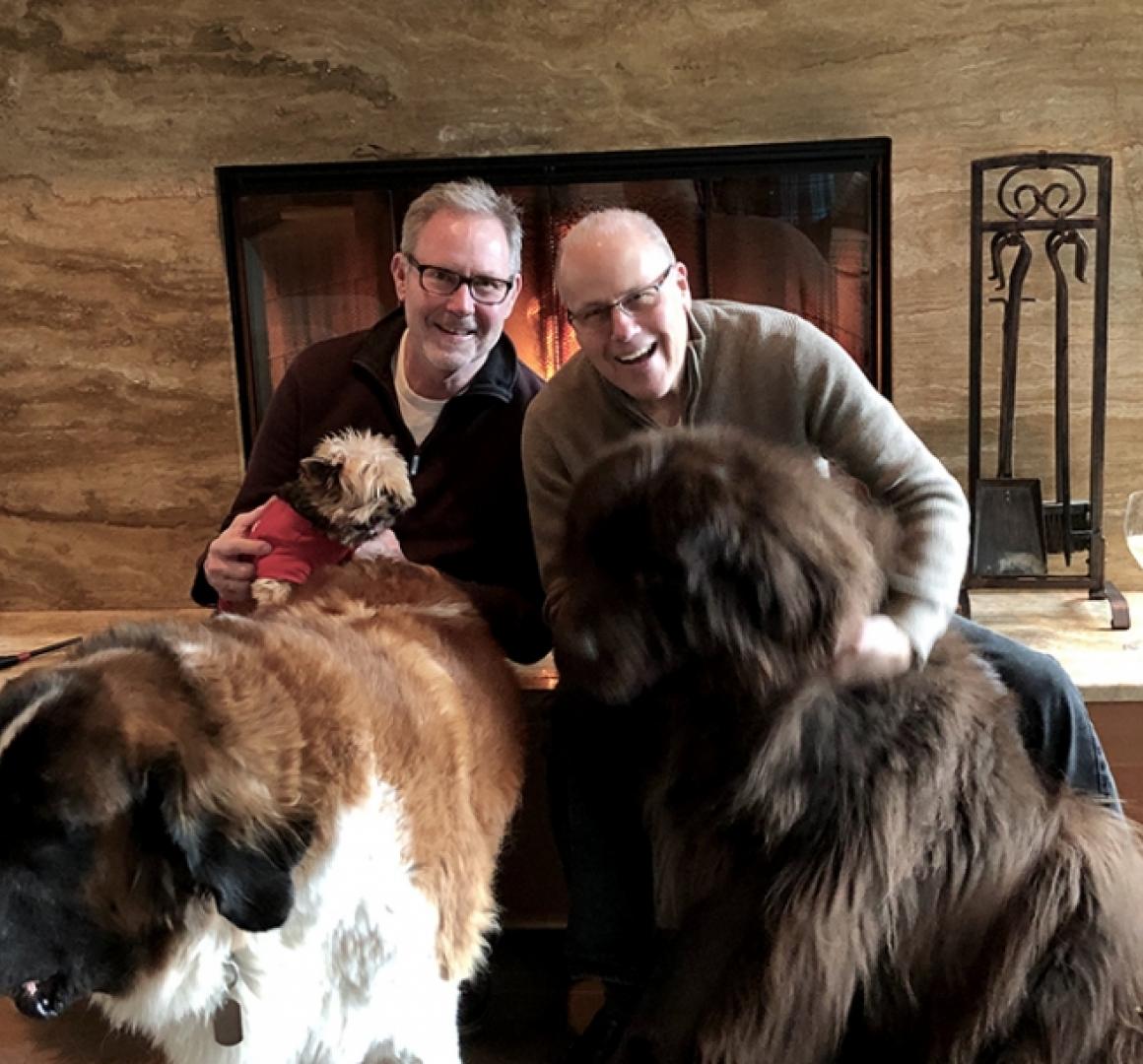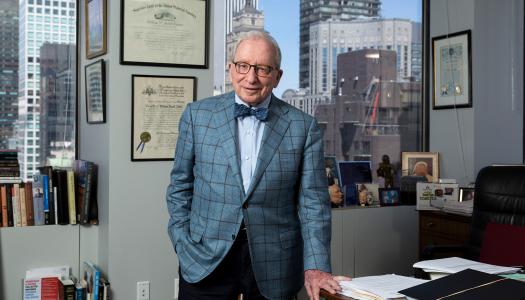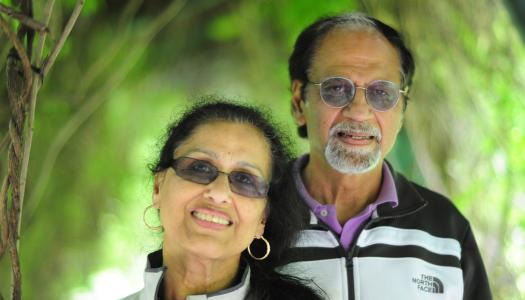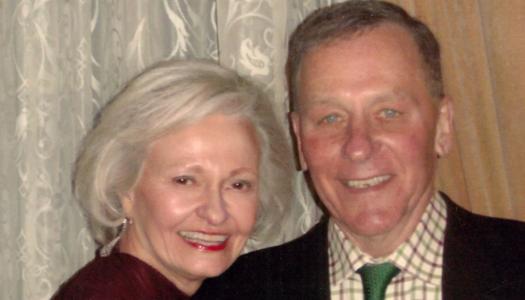An Evolving View of Princeton Sparks Plans for Robert D’Acquisto ’72

Late morning, Chancellor Green, 1972. Robert D’Acquisto meets to hammer out his sociology senior thesis with Professor James Sorenson. “Have you thought about this?” Sorenson asks, gently pushing D’Acquisto to stretch his ideas on genetic counseling services. Papers are strewn all over a table; endless cups of coffee have fueled the discussion.
“There was a human connection. He took an interest in what I was doing,” D’Acquisto recalls. “It was the most hands-on experience I had with a professor. Professor Sorenson made it so my thesis was very successful. I still have a copy.”
Now semi-retired from a career as an oncologist, D’Acquisto remembers these meetings as a bright spot in his Princeton experience. His first two years as a first-generation, scholarship-supported student were much bleaker. He has never returned for Reunions.
Yet D’Acquisto’s estate plan provides for Princeton, with funds earmarked for initiatives that promote college success. He has watched Princeton from the West Coast and observed how it has evolved, he says. Programs like the Freshman Scholars Institute, which introduces students to the intellectual and social life of Princeton prior to their first semester, and the Scholars Institute Fellows Program that continues to support them, would have smoothed his own path.
“These programs exemplify how I want to give back,” D’Acquisto says of his decision to join the 1746 Society by including Princeton in his will. “Princeton has evolved and my view of my early experiences at Princeton has evolved. I don’t have biological children, but I want to do something for the next generation.”
Tough Time Starting Out
The son of Italian immigrants who settled in Levittown on Long Island, New York — “the home of Billy Joel and Bill O’Reilly among other characters” — D’Acquisto grew up in a loving family that valued hard work and self-reliance. He thrived at his public school; to help his family, babysitting and lawn mowing jobs filled his summers. He landed at Princeton for two reasons: the beautiful campus and the best financial aid package of all the schools from which he received acceptances.
But the adjustment was difficult. As a first-year student, D’Acquisto’s work-study assignment waiting dining tables at an eating club proved problematic: “I felt second class. It affected my sense of belonging.”
A growing understanding of his sexuality added to his sense of alienation. “I was a gay man with no one to talk to,” he remembers, which compounded feelings of loneliness and depression. “I am also fully aware that being gay in the 1960s-early ’70s would have created issues for any student at any university,” he acknowledges now, “and this colored my experience as well and certainly created some isolation.”
Some relief came when he joined the Glee Club, but he couldn’t afford the summer trip to South America because he needed to earn money for the school year. His previous experience with an eating club soured him on joining one during junior year, so he became a member of Stevenson Hall, the main alternative dining option at the time.
Education Leads to Success
Princeton did, however, provide D’Acquisto with an outstanding education, he says, which led to medical school and a successful career. “I benefited from the prestige of both Princeton and Weill Cornell Medical School (D’Acquisto plans to establish a scholarship there as well). Each contributed to my financial stability and success. They helped me do things I couldn’t imagine I could do,” he says.
Things like travel to all seven continents, more than making up for that lost Glee Club trip to South America. Like a home on a Washington state island, where he now lives with his partner. Like the added companionship of four rescue dogs and time to volunteer at a local animal shelter.
That brings him around full circle to how he views his Princeton years and the legacy he wants to leave.
The fund he endows will facilitate inclusion and college opportunity, says D’Acquisto. It will pave the way for another first-generation student with financial needs to make their University experience more positive, and their education an avenue for success.
“I want to do something for this next generation … I view them as my surrogate children,” he says, and adds this advice to them:
“Be confident that you were chosen to be at Princeton for reasons you might not yet know or understand. Believe in yourself and don’t be too afraid to challenge yourself in things that might ordinarily make you uncomfortable; this pertains to personal relationships, academic pursuits, activities, and professional choices. Please reach out for help if needed!”


